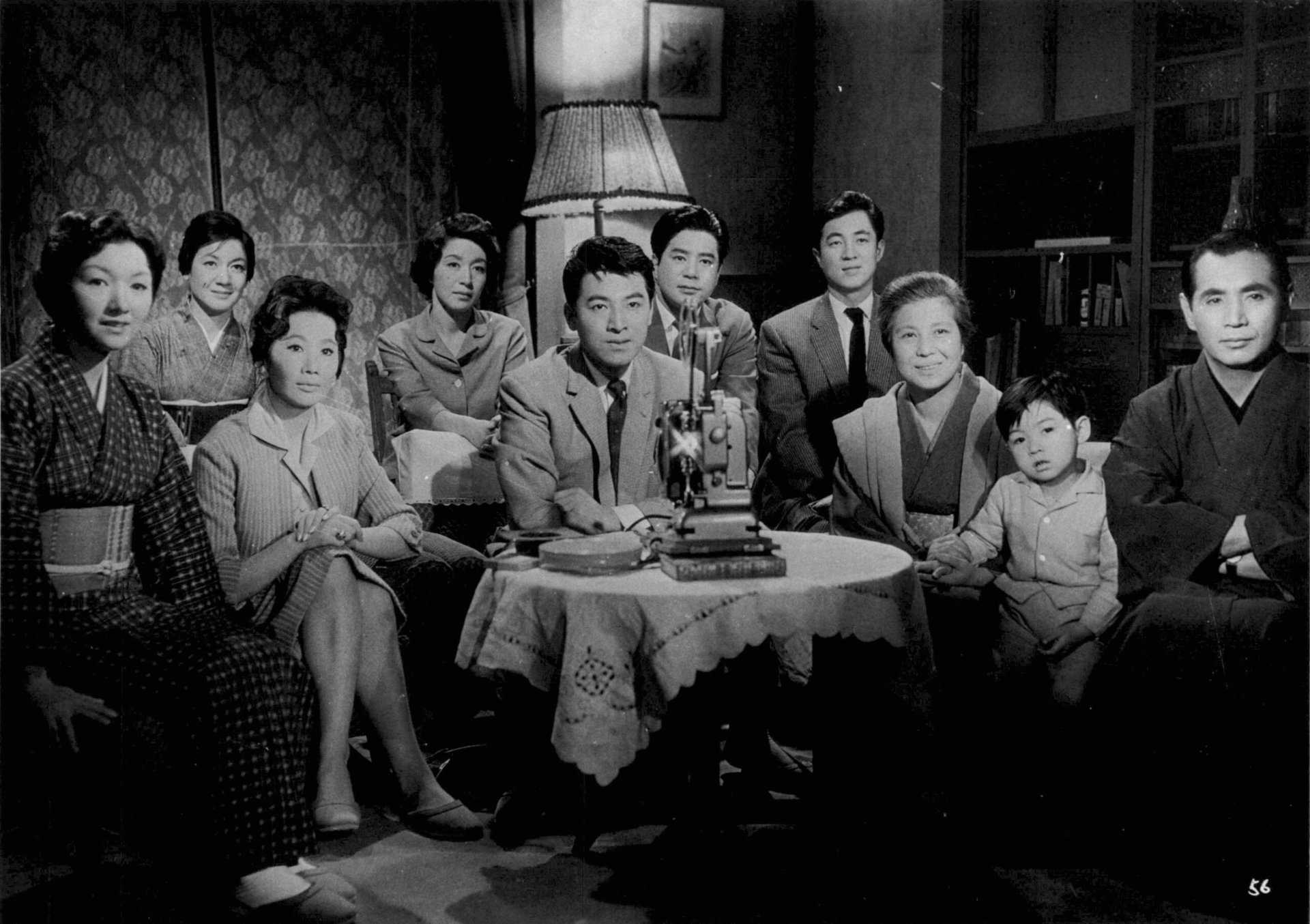Does Staring Blankly At The Wall Count As Meditation? Experts Approve
It happens to the best of us: You're sitting at your desk working when, suddenly, you realize you've been staring at the wall for God knows how long. Have you even blinked? Your dry eyes suggest that you have not. Or maybe it happens when you finally get your kids to bed, and you collapse on the couch and just... gaze at the ceiling for a bit. Being a parent in 2025 kind of guarantees your nervous system is going to be overwhelmed most days.
You’ve probably even wondered, "Why do I stare off into space so much?" Well, trust that it's your brain's way of calming itself down amid the chaos.
Going into a full wide-eyed staring sesh with the wall isn't laziness or procrastination, experts say.
"It's your nervous system's emergency brake," says Rod Mitchell, MC, a registered psychologist based in Calgary. "When we stare at walls or space out when stressed, we're experiencing a protective dissociation response. It's your brain's way of saying, 'I'm putting you in autopilot until this turbulence passes.' This automatic shutdown happens when your nervous system detects overload and literally disconnects you from overwhelming sensory input. It's survival, not surrender."
That's right — a good old-fashioned space out is actually just your brain giving itself a break from extreme overwhelm, be it from work, family, whatever.
"When you're overwhelmed for too long, your system flips into what's basically a freeze state — not full panic, not fully present either. More like your body's pressing the emergency pause button. Think: Your internal batteries are drained, but you're still running on low power mode. That wall-staring? It's your brain trying to conserve energy while still staying semi-alert just in case it needs to jump back in," says Cheryl Groskopf, LMFT, an anxiety, trauma, and attachment therapist based in Los Angeles. "If you've been managing too much for too long — hello, parenting! — your nervous system's like, 'Cool, we're checking out for a second, don't mind us.' It's protective. Not ideal, but protective.
At this point, we all kind of have a vague understanding that meditation is one of the best ways to calm our brains down. That's because it pulls your focus inward. By zeroing in on your senses and breath, you're cueing your brain that you are safe and helping your nervous system "downshift," Groskopf explains. Fortunately for busy parents, you don't have to sit cross-legged in a zen-like state for 20 minutes a day to experience this.
"Anything that pulls you back into your body can help: washing your hands in cold water and actually feeling it, listening to one song while lying flat and not multitasking, rocking in a chair, even spacing out and letting your eyes rest on something still. And yes, staring at the wall totally counts," Groskopf says.
"While meditation activates our parasympathetic nervous system through conscious breathing and focus, wall-staring achieves similar results by simply... checking out. Both lower cortisol and heart rate. But only one requires zero effort from already-depleted parents," Mitchell adds.
It's important for parents to find time to regulate their nervous systems, both experts say. Between the constant sensory input and decision-making that comes with raising kids, it's easy to get overwhelmed, which can turn into a nasty tone, snapping at loved ones, and even feeling physically unwell.
"If you need to, then stare at the damn wall," Groskopf says. "Put your hand on your chest. Let your shoulders drop. You're not wasting time — you're taking care of the system that runs everything else."









